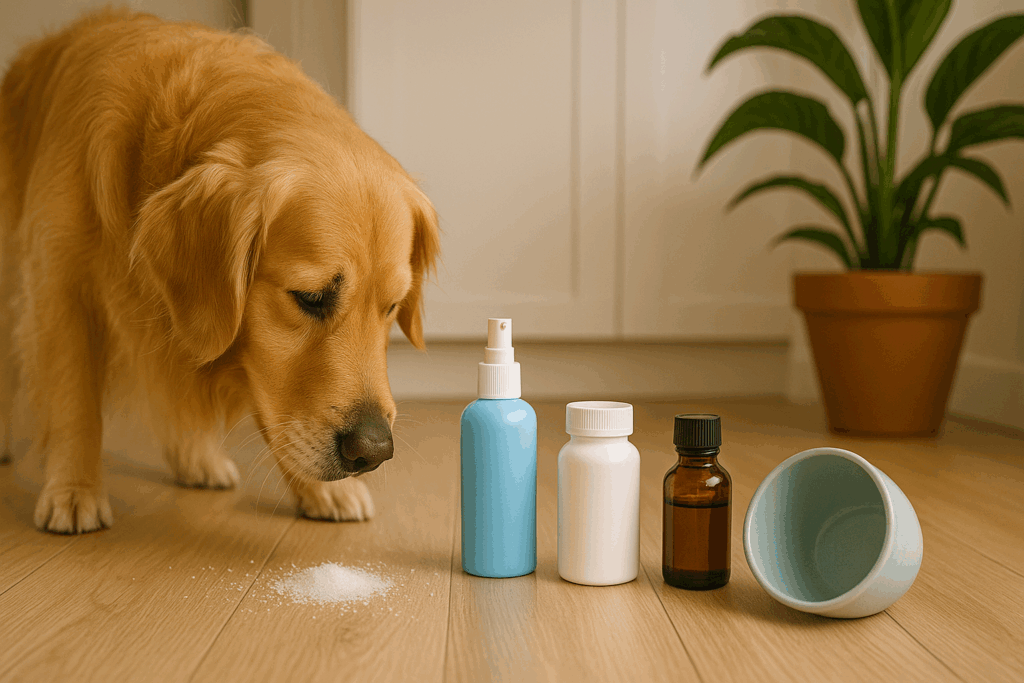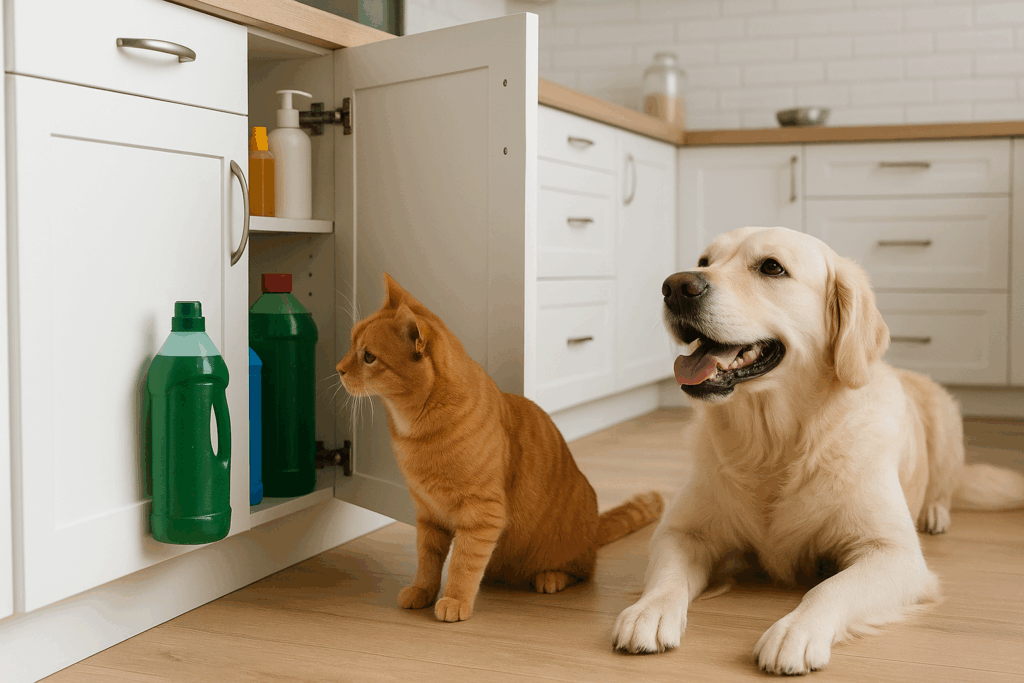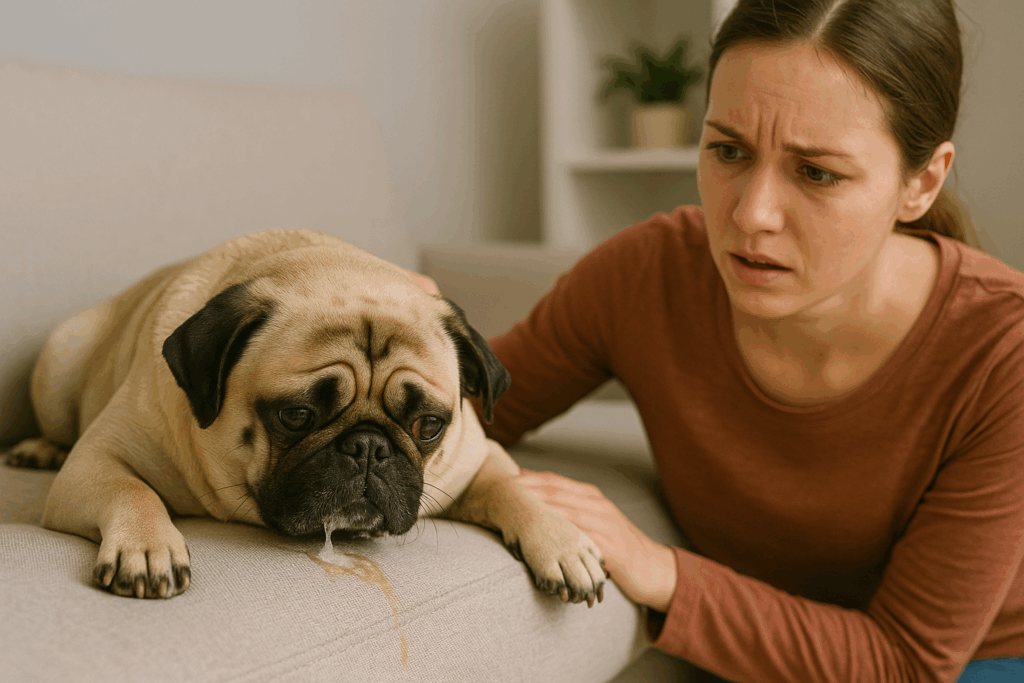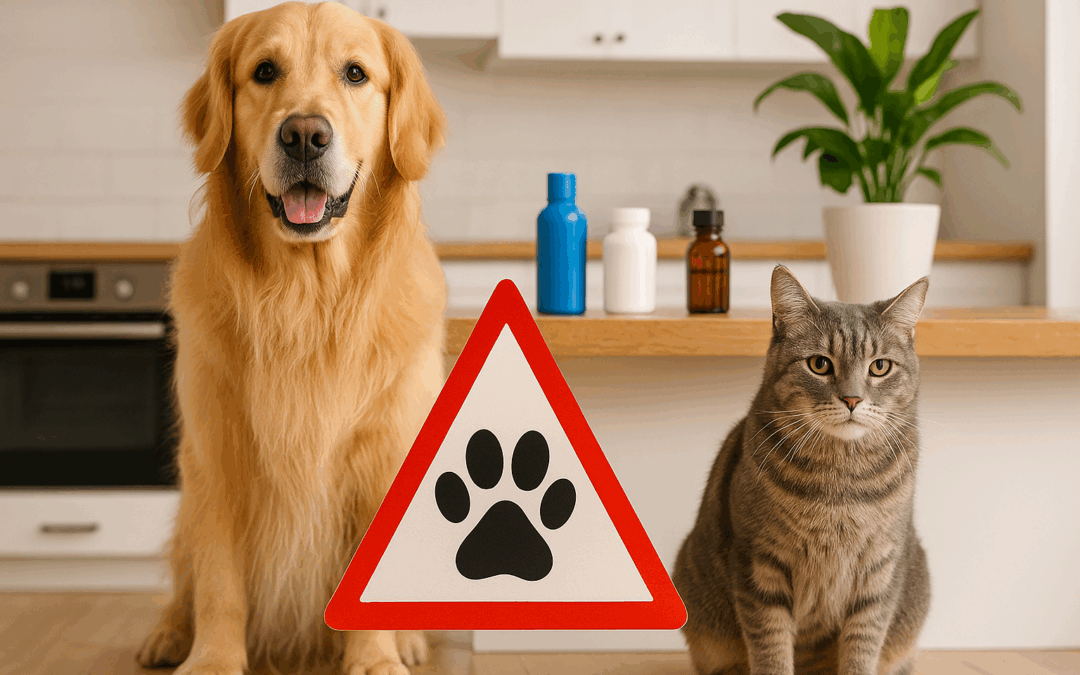That bottle of vitamins or bouquet on your counter could be far more dangerous to your pet than you think. Many common household items, from seemingly harmless snacks to trendy essential oils, contain substances that are toxic to cats and dogs. This guide explores unexpected threats and how to protect your furry family members from accidental exposure.
Hidden Dangers in Plain Sight

You might already know that chocolate and grapes are harmful to dogs, but did you know that xylitol—an artificial sweetener found in gum, toothpaste, and baked goods—can be deadly? Even a small amount can trigger insulin release and cause life-threatening hypoglycemia. Similarly, essential oils like tea tree and eucalyptus, while relaxing for humans, can harm your pet’s liver or cause neurological issues if inhaled or absorbed through the skin.
Houseplants are another underappreciated hazard. Lilies, common in floral arrangements, are especially lethal to cats, while dogs can become violently ill from eating sago palm, aloe, or tulip bulbs. It’s crucial to research any plant or product before bringing it into your home.
How to Pet-Proof Your Home

Start by examining your home from your pet’s perspective—what’s accessible, what could be chewed, and what’s within reach on counters or tables. Use childproof latches on lower cabinets, store cleaning supplies and medications high up, and place trash cans behind closed doors. If you use essential oil diffusers, keep them in rooms your pets can’t access, and never apply oils directly to your pet’s skin without veterinary approval.
In the kitchen, avoid leaving food out on counters, and keep snacks like raisins, macadamia nuts, and onions safely tucked away. In the bathroom, secure dental floss, medications, and soaps. The same goes for the garage—keep antifreeze, fertilizers, and rodenticides locked and labeled.
Signs of Trouble and What to Do


Pet poisoning symptoms can vary depending on the toxin, but common red flags include vomiting, drooling, lethargy, tremors, and difficulty walking. If you suspect your pet has ingested something harmful, don’t wait—call your vet or the ASPCA Animal Poison Control Center immediately. Speed is critical, and some treatments, like activated charcoal or induced vomiting, are only effective within a short window.
Keep emergency numbers posted in your home and know the location of your nearest 24/7 animal hospital. Being prepared can make all the difference in a crisis.

